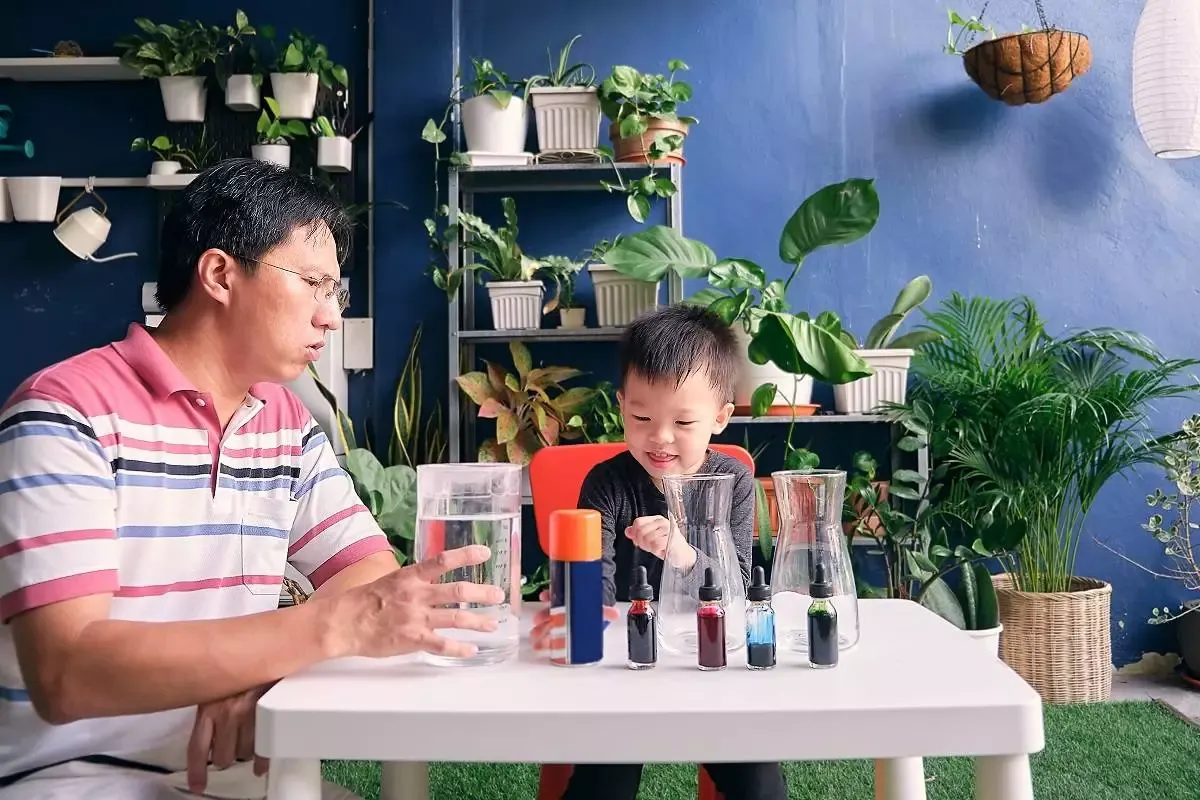
The great Steve Jobs once said: “Much of what I stumbled into by following my curiosity and intuition turned out to be priceless later on.” If you’re a parent, understanding how to nurture your child’s curiosity may be one of your goals. Much like what Steve Jobs suggests, your child’s curiosity could open doors and endless opportunities for learning and success. Although it’s easy to believe that children are naturally curious at their early age, there’s certainly nothing wrong with wanting to hone this quality further.
You don’t need to do anything extraordinary to give your child the gift of curiosity. This is innately present in them. Little nudges like encouraging them to take up new hobbies, supporting their interests, helping them explore their environment, or simply answering their questions are already good ways to start. Read on to learn more.
Help Them Explore Their World
One of the best ways to develop the value of curiosity within your child is to simply be with them and help them explore their surroundings. There are many learning opportunities present around us — even something as simple as observing a tree or a building may certainly go a long way.
For example, you could take your child outside for a walk. At their age, they’ll definitely be asking you questions about what they see, hear, feel, and touch. Choose a place like a museum or a park. Your child may wonder about how trees are able to grow the way they do, or how buildings, bridges, or houses are built.
Show your interest in answering these questions. When they feel like they can learn from you, they may eventually be studying about different things in the world by themselves.
Encourage Them to Read
There’s only so much that you can do as a parent in answering your child’s many questions. But don’t worry because you’re not really expected to know everything. Sometimes, these gaps in learning are better supplemented by facts and digestible information that your child may appreciate through reading.
Be one of the most valuable resources of learning for your child by giving them age-appropriate books to read. There are tons of titles you can choose from, whether they are science books, history books, or even short stories that teach them a lesson.
There are many books that are designed for young readers and children alike. Aside from helping them learn new things, they may also be a gateway to teach your child values that they can carry on even into adulthood.
Support Their Interests
Growing up, your child will have their fair share of interests. Some of them may be fleeting, but some of these interests also stick with your child even after several years.
Some parents have trouble getting their child to remain interested in a hobby or any productive activity. There are many reasons for this but one influential factor is that these same parents may unknowingly forget to show their support.
As the parent, you have the resources to give your child a better present and a better future. Feed their curiosity by supporting their interest. If your child is showing a love for the arts early on, buy them some art materials! Are they spending time playing with any musical instrument? Hire a professional to aid them in honing their skills!
It really depends on your child and what they currently love to do. Always look for different opportunities where your child can learn and go beyond their curiosity.
Key Takeaway
If you want to know how to nurture your child’s curiosity, you have to be willing to devote time and effort in doing so. As mentioned before, children may naturally be curious — but if there is no push to sustain this, then that spark and drive to explore may lessen. In some cases, it may even die out.
Fortunately, you can still do something about it. Help them discover more about their surroundings and show enthusiasm for their interests. Or you could also encourage them to read child-friendly books that don’t sacrifice valuable knowledge. The more consistently you help your child in this journey, the broader their thinking will become. Soon enough they may even be equipped with the passion for curiosity on their own.






-logo.png)



